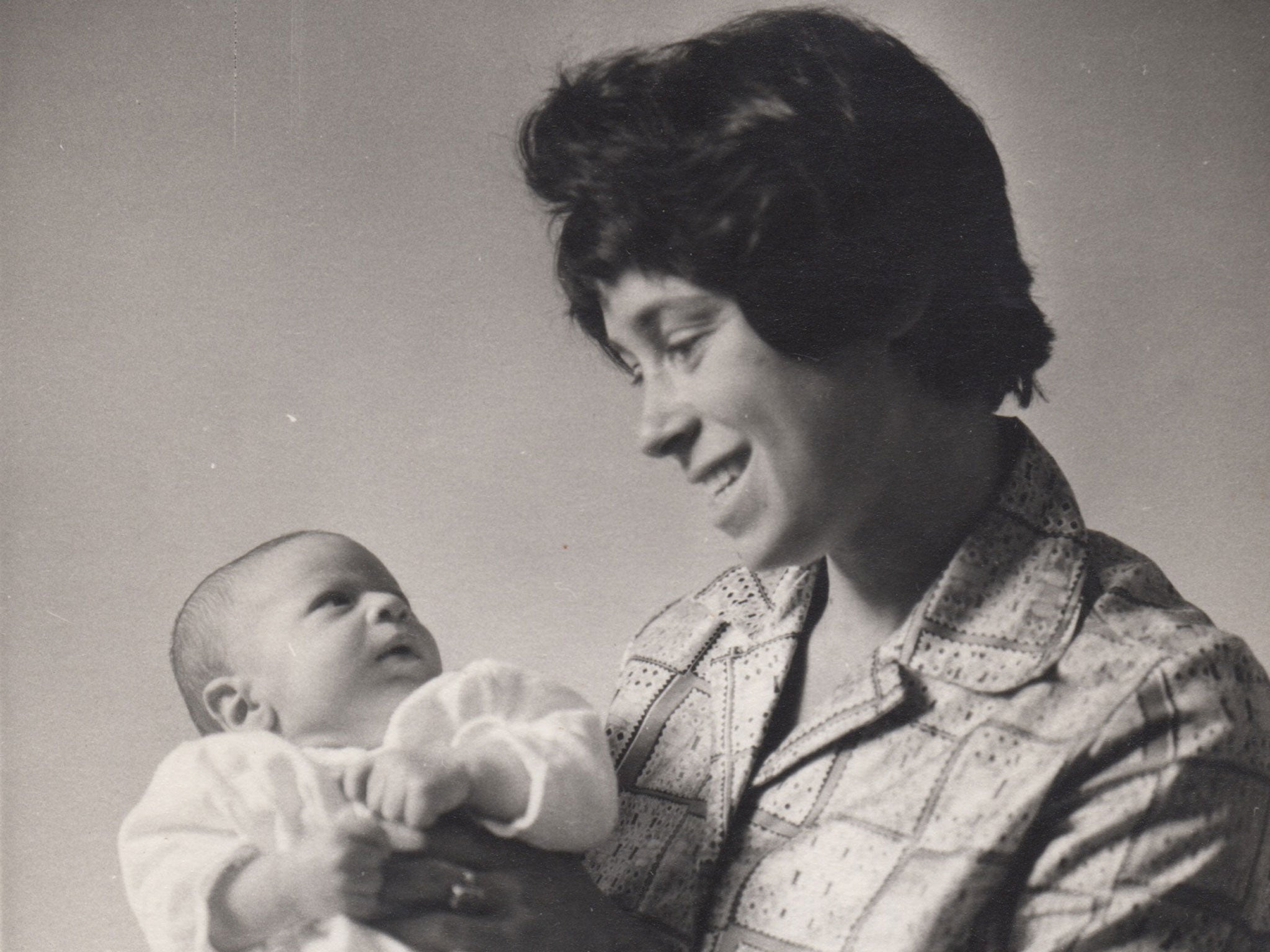A Woman on the Edge of Time by Jeremy Gavron, book review: Voyage of discovery for a son 40 years on
The quest for truth over his mother's suicide was reawakened by tragic loss of brother

Your support helps us to tell the story
From reproductive rights to climate change to Big Tech, The Independent is on the ground when the story is developing. Whether it's investigating the financials of Elon Musk's pro-Trump PAC or producing our latest documentary, 'The A Word', which shines a light on the American women fighting for reproductive rights, we know how important it is to parse out the facts from the messaging.
At such a critical moment in US history, we need reporters on the ground. Your donation allows us to keep sending journalists to speak to both sides of the story.
The Independent is trusted by Americans across the entire political spectrum. And unlike many other quality news outlets, we choose not to lock Americans out of our reporting and analysis with paywalls. We believe quality journalism should be available to everyone, paid for by those who can afford it.
Your support makes all the difference.One morning in December 1965, the 29-year-old writer and mother of two Hannah Gavron gassed herself in a friend's flat in Primrose Hill, north London. She seemed to have lived a life of privilege, a gilded existence growing up among London's intelligentsia. George Orwell read her fairy stories and the publisher Fred Warburg delighted in playing with her in the grass. She finished Oliver Twist when she was only seven and, as a child, would sometimes write four poems in one evening. Yet the girl who grew up to be a sociologist – and the mother and subject of Jeremy Gavron's compelling memoir – also underwent her first therapy session at the age of two, with Dr Marianne Kris (who later treated Marilyn Monroe).
Two years before Gavron's suicide and just one street away, the poet Sylvia Plath also took her own life in the same way, by placing her head in a gas oven. She too left behind two children. The two writers, Gavron suggests, were women born on the edge of time: both a little too young to benefit from the changes that would be introduced with the onset of feminism. (As Gavron reminds us, "These were the days when abortion was illegal, when men filled out their wives' tax forms, when a husband couldn't legally rape his wife.")
Ironically, before they died, both finished pieces of work that later would be interpreted as iconic pieces of feminist writing: Plath left behind The Bell Jar and the Ariel poems, while Gavron became best known for the sociological study The Captive Wife, about mothers in north London. The title of that book, observes one friend, "wasn't an accident", because trying to connect "femininity, intellectual and family life was not easy."
Gavron is too subtle and intelligent to make the mistake of believing that suicide is ever about only one thing. And here, in beautiful, mesmeric prose, he delves deep into the shadow side of his mother's life – she took her life when Jeremy was four.
"Murderers can at least be questioned," he writes, "but a suicide is a murder in which the killer is also the victim: in which the reason, the motive, dies with the act."
We learn about the predatory and illegal sexual relationship between Hannah and her headmaster at her progressive school Frensham Heights in Surrey. Gavron uncovers episodes of mental illness, depression and suicide within the family.He tracks down old friends, acquaintances, fellow academics and a lover (a gay man) whose rejection seems to have pushed her over the edge.
Importantly, he avoids the tendency to mythologise his mother and does not shy away from the less attractive aspects of Hannah's egoistic, attention-seeking personality.
The birth of this book also has its roots in the death of Simon Gavron, Jeremy's brother. In March 2005, Simon, a 46-year-old publisher and the father of three sons, collapsed and died from a cardiac arrest while running. The overwhelming loss that Jeremy felt awakened some older grief that had been dislodged and exposed from the past, "the way an earthquake might open a crack in the ground and expose something long buried".
The result is a memoir that is surely going to be regarded as a classic of the genre.
Andrew Wilson is the author of 'Mad Girl's Love Song: Sylvia Plath and Life Before Ted'
Scribe, £16.99. Order at £15.29 inc. p&p from the Independent Bookshop
Join our commenting forum
Join thought-provoking conversations, follow other Independent readers and see their replies
Comments